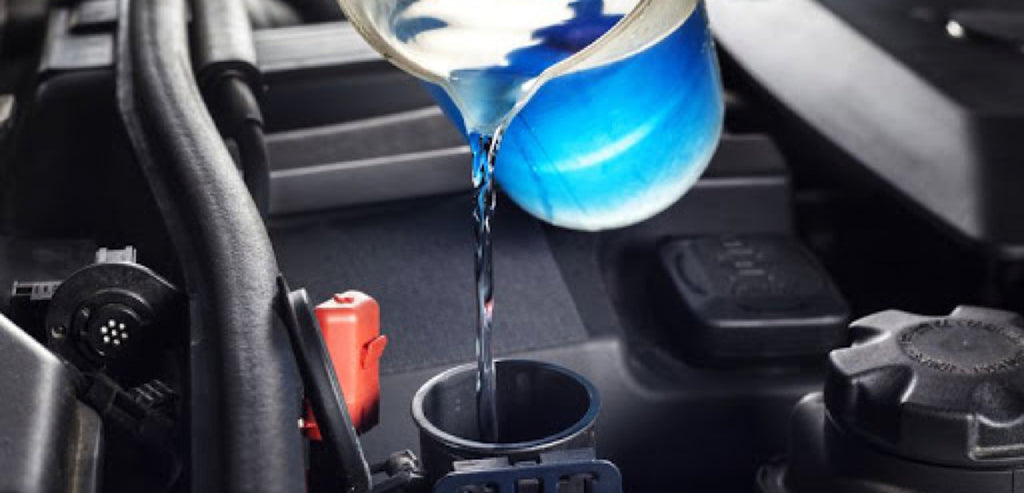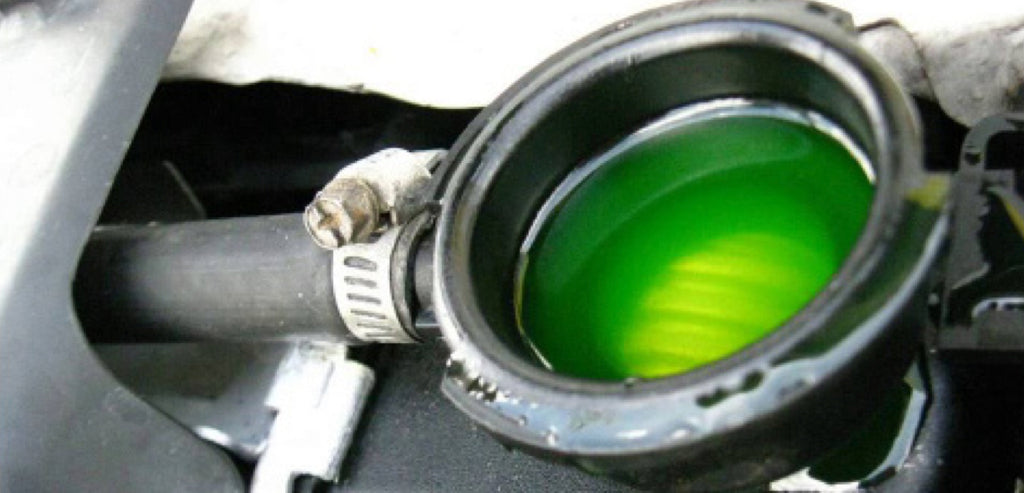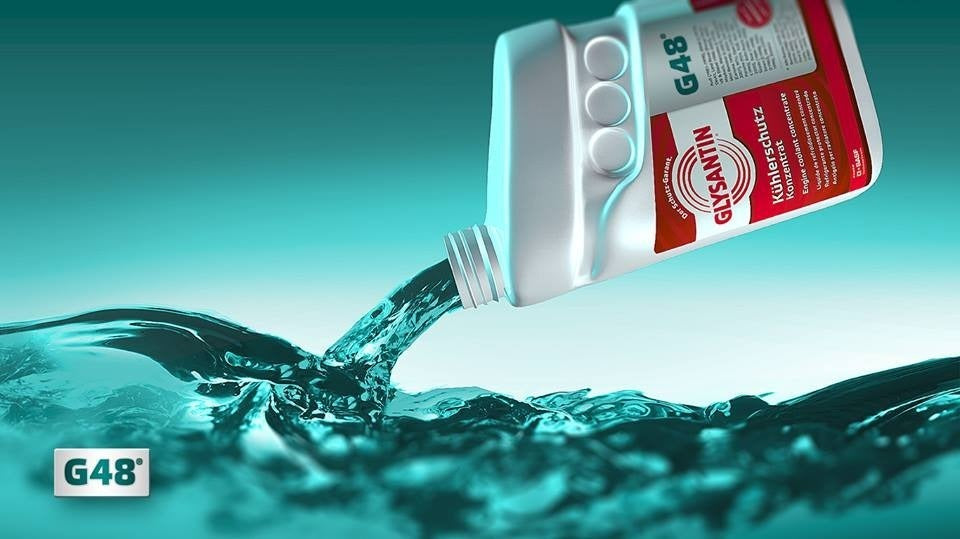My shopping cart
Your cart is currently empty.
Continue Shopping
The mixture of water and cooling fluid, also known as antifreeze, is pumped around the vehicle engine cooling system all the time removing excessive heat from the engine, ensuring anti-frost and anti-corrosion protection. It comes into contact with numerous different materials under extreme temperature and pressure differences, which can lead to corrosion and cavitation damage to many parts of the engine, like water pump, cylinders, cylinder liners. This is why it is critical to choose the right antifreeze for your engine and replace it in due time to keep your vehicle in good shape.
Antifreeze retains frost protection properties for a long time, but anti-corrosion additives contained in antifreeze degrade overtime and comprehensive corrosion protection can no longer be guaranteed, which exposes your engine's cooling system to different types of damage. Most vehicle manufacturers recommend replacing antifreeze every 3-4 years. Coolant manufacturers also provide recommendations for the frequency of replacement which should not be ignored.
After any repair works on the cooling system, it is recommended to clean the cooling system and replace the antifreeze completely. This will avoid cooling system damage caused by rust and any suspended particles remaining in the system.

Vehicle manufacturers have very high demands on the characteristics and performance of cooling fluids which depends on the engine design and operating conditions. Each manufacturer has a list of approved cooling fluids for its engine so to choose the right one you should first of all consult with your vehicle's manual and check that antifreeze you are buying is approved by your vehicle manufacturer. This information is usually easily accessible on the manufacturer's website and on the product label.
Engine manufacturers have higher and more specific requirements compared to general standards. The approval process usually takes between three and five years and is very cost-intensive. If any changes are made to the composition of the coolant, the entire approval process must be repeated.
Before granting approval, cooling fluids must undergo comprehensive testing and meet all requirements, including testing of physical and chemical properties, compatibility with elastomers, plastics and sealing materials, corrosion protection and engine testing in a laboratory environment under computer-controlled conditions. Moreover, cooling fluids have pass fleet test, which is testing in real vehicles under real-world conditions as well as on test tracks under tougher driving conditions. The coolant is analyzed and assessed at regular intervals. After testing, the engine and cooling systems are disassembled and examined.
Only officially approved cooling fluids are used to fill the vehicle's cooling system for the first time during vehicle production. During the warranty period of your vehicle, you should only use the antifreeze that has been approved by the vehicle manufacturer. Using antifreeze that has not been tested and approved can render the manufacturer’s warranty invalid.

Using the wrong antifreeze means using the wrong combination of additives for your engine, which will impair its performance and lead to corrosion and damage to the engine systems which rely on it. If you already filled the cooling system with the wrong antifreeze, drain it completely and flush the system thoroughly with water. Then just fill the system with the correct antifreeze in the appropriate concentration.

We have chosen Glysantin as our cooling fluids partner because it guarantees excellent product quality and engine protection. Glysantin products were tested and approved by all leading vehicle manufacturers which guarantees the best performance. Whatever your vehicle manufacturer is, Glysantin has approved antifreeze for it.
Featured selection of Glysantin products is available for quick purchase in our online shop. For the full range of Glysantin products available at Klauner please contact us.